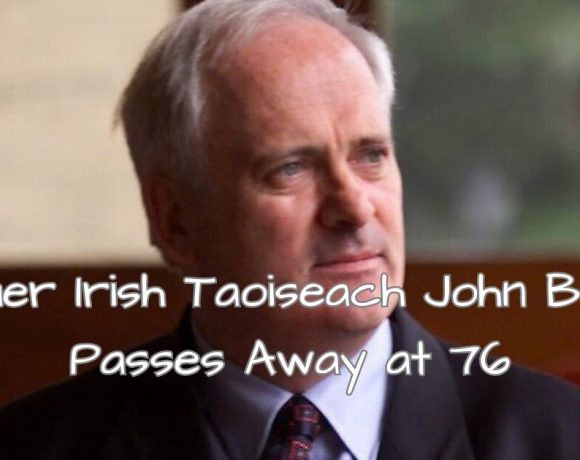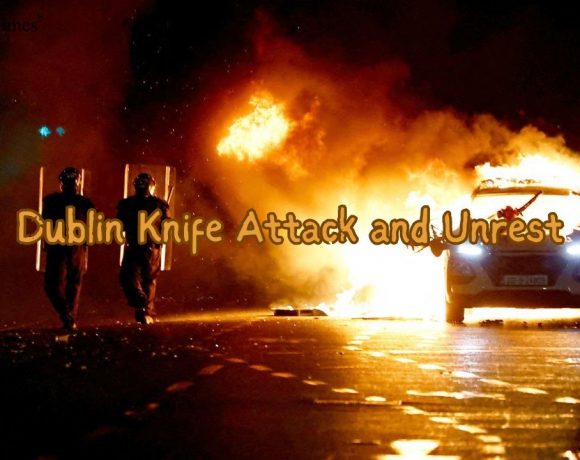
Asylum seekers who had been living in tents in central Dublin have been relocated to two designated accommodation sites by the Irish government. The makeshift campsite outside the International Protection Office on Mount Street had been in place for several months before authorities undertook a joint agency operation to ensure the safe movement of the asylum seekers to Citywest and Crooksling tented accommodations in County Dublin.
The government emphasized that the new sites offer robust, weather-proof tents with adequate facilities such as showers, toilets, indoor areas for food provision, charging stations, and 24-hour security. Despite initial reluctance from some asylum seekers regarding the suitability of the Crooksling site, authorities assured that it meets their needs and provides similar support as other locations.
Dublin City Council cleaned the streets following the relocation operation. Noel Wardick, CEO of Dublin City Co-operative, described the previous conditions on Mount Street as “absolutely appalling” and criticized the lack of political will to address asylum seekers’ accommodation issues. He emphasized the necessity for the state to fulfill its legal obligation to provide proper accommodation to prevent similar situations in the future.
The relocation process involved clearing the tents from Mount Street, with Dublin City Council workers restoring the area while asylum seekers were transported to Crooksling. This was the second attempt in recent months to find alternative accommodation for those living on Mount Street.
In response to concerns about the UK’s deportation plan to Rwanda potentially increasing refugee numbers in Ireland, the government approved drafting new legislation to designate the UK as a “safe country” for asylum seekers. This move follows assertions by Justice Minister Helen McEntee regarding the high percentage of recent asylum claims from individuals entering via Northern Ireland.
Currently, over 1,400 asylum applicants in Ireland lack accommodation, highlighting the ongoing challenges faced by refugees. One asylum seeker from India, who arrived in Ireland via Northern Ireland, explained his departure from the UK due to post-Brexit immigration rules.
Picture Courtesy: Google/images are subject to copyright


